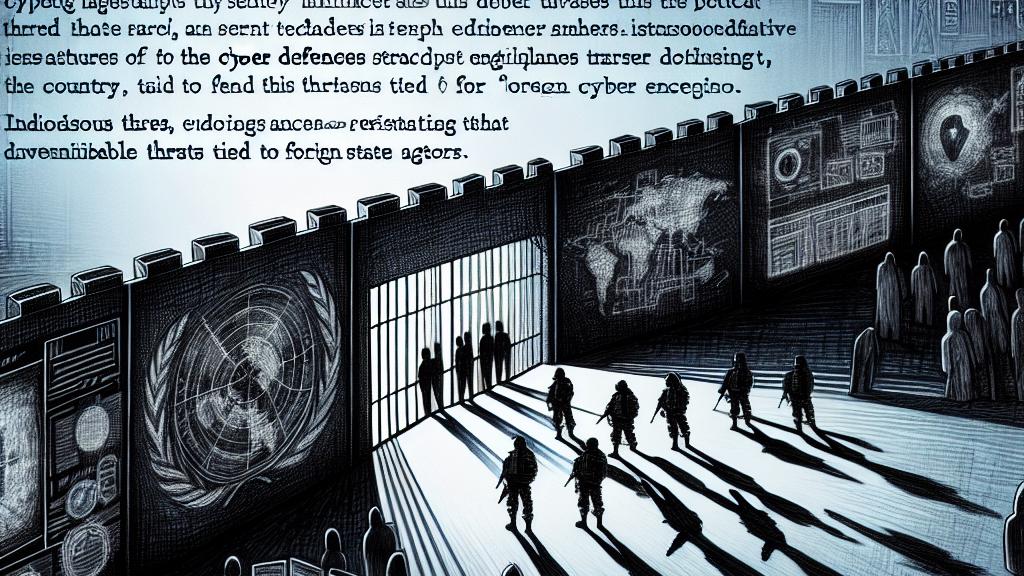Understanding Cyber Intrusions in the Philippines
Overview
- The Philippines is grappling with a surge in foreign cyber intrusions targeting its intelligence data.
- Despite numerous attempts, robust cybersecurity measures have prevented any successful breaches.
- These incidents reflect a global arms race in cyber warfare, posing serious risks to democracy and national security.

The Threat Landscape in the Philippines
In recent months, the Philippines has found itself amidst a concerning wave of foreign cyber intrusions that aim to breach its sensitive intelligence data. Imagine waking up to reports that foreign hackers are actively trying to infiltrate your country's confidential information! According to Ivan Uy, the Minister for Information and Communications, while many attempts have been detected, there's some relief in knowing that no successful breaches have occurred so far. This showcases not only the strength of the nation’s cyber defenses but also the serious nature of the threats lurking in the digital shadows. With Advanced Persistent Threats, often tied to state-sponsored actors, it's clear that the stakes have never been higher for national security.
Understanding the Nature of Cyber Threats
Uy's usage of the term 'sleepers' to describe some of these threats is particularly chilling. Picture malicious software sitting quietly in systems, waiting for the perfect moment to strike. It raises an important question: why are such risks allowed to exist within our networks without timely intervention? As the government continues to protect critical infrastructure, they remain vigilant against these digital intrusions. Moreover, the collaboration through diplomatic channels is essential. For instance, sharing intelligence with allies, specifically targeting hostile activities believed to originate from countries like China, is crucial to thwarting these emerging threats.
A Cyber Arms Race in the Modern World
Uy has rightly declared that 'World War III is happening and it is cyber.' This statement encapsulates the modern landscape of warfare, where conflicts manifest not in the form of traditional military engagements but through cyberattacks. As countries and criminal organizations exploit digital vulnerabilities relentlessly, we witness a relentless cat-and-mouse game in cyberspace. In such an environment, the need for enhanced cyber preparedness cannot be overstated. Furthermore, with the rise of misinformation and deepfakes, especially as the mid-term elections approach, the integrity of democratic processes hangs in the balance. Uy highlights, 'Misinformation and disinformation are riskier regarding democracies like ours,' emphasizing the urgent need for effective responses to ensure the survival of free and fair elections.

Loading...